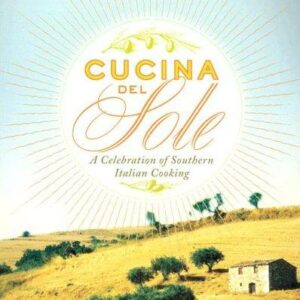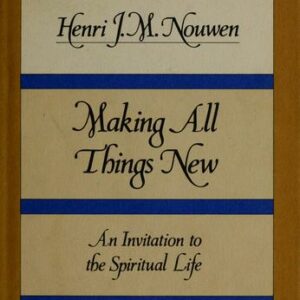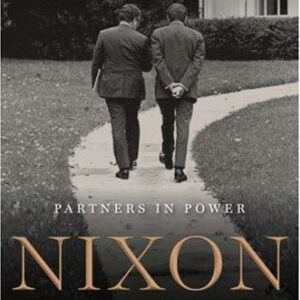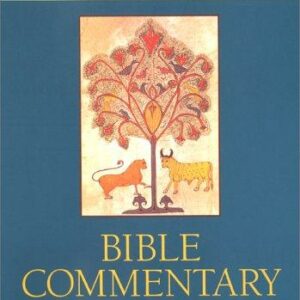The Aesthetic Cold War
$39.95
| Title | Range | Discount |
|---|---|---|
| Trade Discount | 5 + | 25% |
- Description
- Additional information
Description
How decolonization and the cold war influenced literature from Africa, Asia, and the CaribbeanHow did superpower competition and the cold war affect writers in the decolonizing world? In The Aesthetic Cold War, Peter Kalliney explores the various ways that rival states used cultural diplomacy and the political police to influence writers. In response, many writers from Africa, Asia, and the Caribbean—such as Chinua Achebe, Mulk Raj Anand, Eileen Chang, C.L.R. James, Alex La Guma, Doris Lessing, Ngugi wa Thiong’o, and Wole Soyinka—carved out a vibrant conceptual space of aesthetic nonalignment, imagining a different and freer future for their work.
Kalliney looks at how the United States and Soviet Union, in an effort to court writers, funded international conferences, arts centers, book and magazine publishing, literary prizes, and radio programming. International spy networks, however, subjected these same writers to surveillance and intimidation by tracking their movements, tapping their phones, reading their mail, and censoring or banning their work. Writers from the global south also suffered travel restrictions, deportations, imprisonment, and even death at the hands of government agents. Although conventional wisdom suggests that cold war pressures stunted the development of postcolonial literature, Kalliney’s extensive archival research shows that evenly balanced superpower competition allowed savvy writers to accept patronage without pledging loyalty to specific political blocs. Likewise, writers exploited rivalries and the emerging discourse of human rights to contest the attentions of the political police.
A revisionist account of superpower involvement in literature, The Aesthetic Cold War considers how politics shaped literary production in the twentieth century.
US Peter J. Kalliney is the William J. and Nina B. Tuggle Chair in English at the University of Kentucky. His books include Cities of Affluence and Anger, Commonwealth of Letters, and Modernism in a Global Context. “Using amazing archival materials, this lively and organized book shows that cold war–cultural diplomacy programs served as foundational conditions for postcolonial literary production after World War II.”—Sarah Brouillette, Carleton University“Reframing the literary and intellectual history from the 1930s to the end of the cold war, The Aesthetic Cold War takes us behind the scenes to show us the full extent of state interventions in the world of letters. This researched and original book opens the way for a more historically grounded understanding of world literature’s disciplinary formation.”—Eleni Coundouriotis, University of Connecticut
Additional information
| Dimensions | 1 × 156 × 235 in |
|---|







